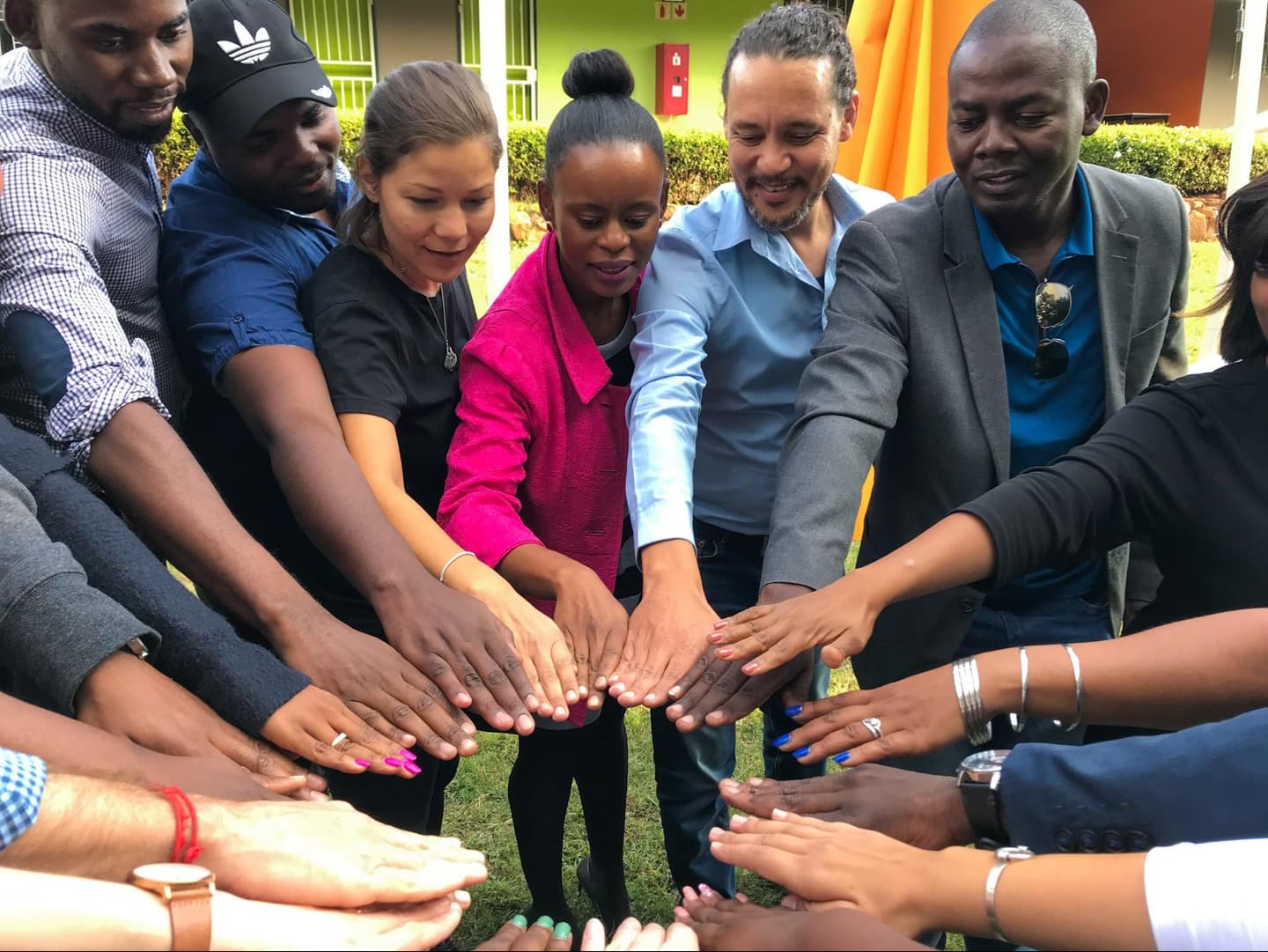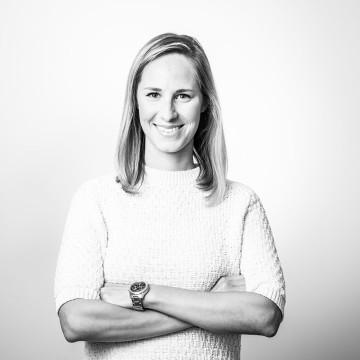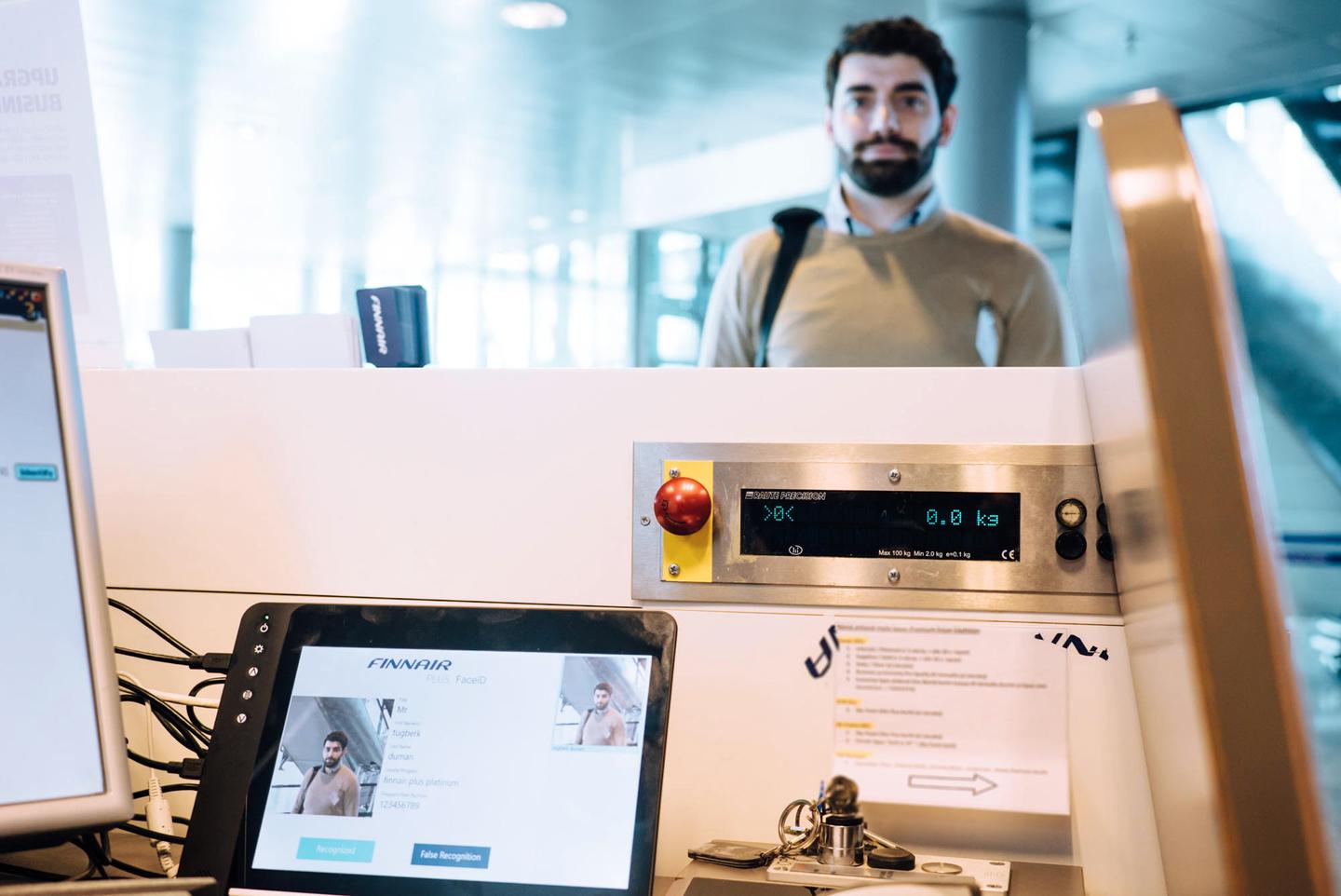Designing businesses with social impact
Many of us have woken up to the same thought in the recent years: how can I contribute to a sustainable future? Feeling overwhelmed with the question, maybe even paralyzed, thinking that you should try to come up with “the big idea”.

A recent study published in the Harvard Business Review showed how ESG (environmental, social, and governance) plays a big role for executives of global institutional investing firms. A sign that ‘corporations will soon be held accountable by shareholders for their ESG performance’. The sustainability megatrend is taking foothold with increasing speed.
As individuals, we feel that we are still in the beginning of our journey towards understanding our role and taking action to carry the responsibility that we feel within. As Futurice, we are also taking the first steps towards more conscious acts. In the work we deliver we are everyday, together with our clients, making business decisions that affect millions of people worldwide. How can we ensure that our work has the net-positive impact we seek? With that question in mind, we travelled to Pretoria, South Africa, to meet 18 coaches from startup hubs and accelerators working in Namibia, Swaziland, South Africa and Botswana. They support startups that are e.g. aiming to eradicate staggering youth unemployment or developing new sources of protein.
How can we ensure that we design for social impact?
A program, sponsored by the Finnish Foreign Ministry, invited us to facilitate a train-the-trainer session in South Africa. The aim was to teach the Lean Service Creation methodology and mindset and thus arm start-up hubs with relevant tools for helping their customers succeed.
We introduced Lean Service Creation to them, using our new 3.0 iteration of the canvas, which aims to bring more transparency and awareness to our societal and environmental impact of the services we create. The canvases embeds the consideration of social impact from the very beginning, when formulating your objective and ambition level.

We learned that entrepreneurship might not always be the preferred choice, but simply the only way to provide for your family. While that might anchor the ambition level to personal success, there is also strong community thinking and entrepreneurs strive to create services that respond to a "real" need in society. In that way social impact naturally seems to be more visible in business objectives for Southern African entrepreneurs.
For many of the participants LSC gave them a holistic framework, both helping them connect the dots and supporting them with going deeper into the different stages of the learn-build-measure loop.
I now can really appreciate falling in love with the problem.
- Chantal Claassen, Coach in South Africa working with high impact startups, reflecting on the LSC workshop
We have also learnt that, without us knowing, LSC had already organically spread to entrepreneurs in Namibia. How cool is that?
So what does it all mean to us
Enriched with their feedback, we return humbled looking at our own work, aiming to understand better how we can help our clients, end-users and society at the same time.
Whether we are using lean, design thinking or working on Lean Service Creation canvases: we become what we practice every day. What feels difficult and laborious at the beginning, becomes a habit, and a way of thinking - a new world view. We believe that the same applies for proactively designing the social impact of our businesses. In the end, we want to not just build services that our users love, but solutions that provide benefit for our society.
Ultimately this brings us to this core question: Considering the context you are working in, can you rethink the purpose of the work you do and include societal impact?
Our privilege (and our responsibility) living in the most prosperous countries in the world, is to work on global problems, having a positive effect on matters that might be less tangible in our everyday life. Many of these global problems - be they social, environmental, something else or all of the above - have a very tangible impact on the daily lives of people far away from where we live.
 Kajsa HasselströmSenior Business Strategist
Kajsa HasselströmSenior Business Strategist Sebastian HojasCulture & Agile Advisor
Sebastian HojasCulture & Agile Advisor

